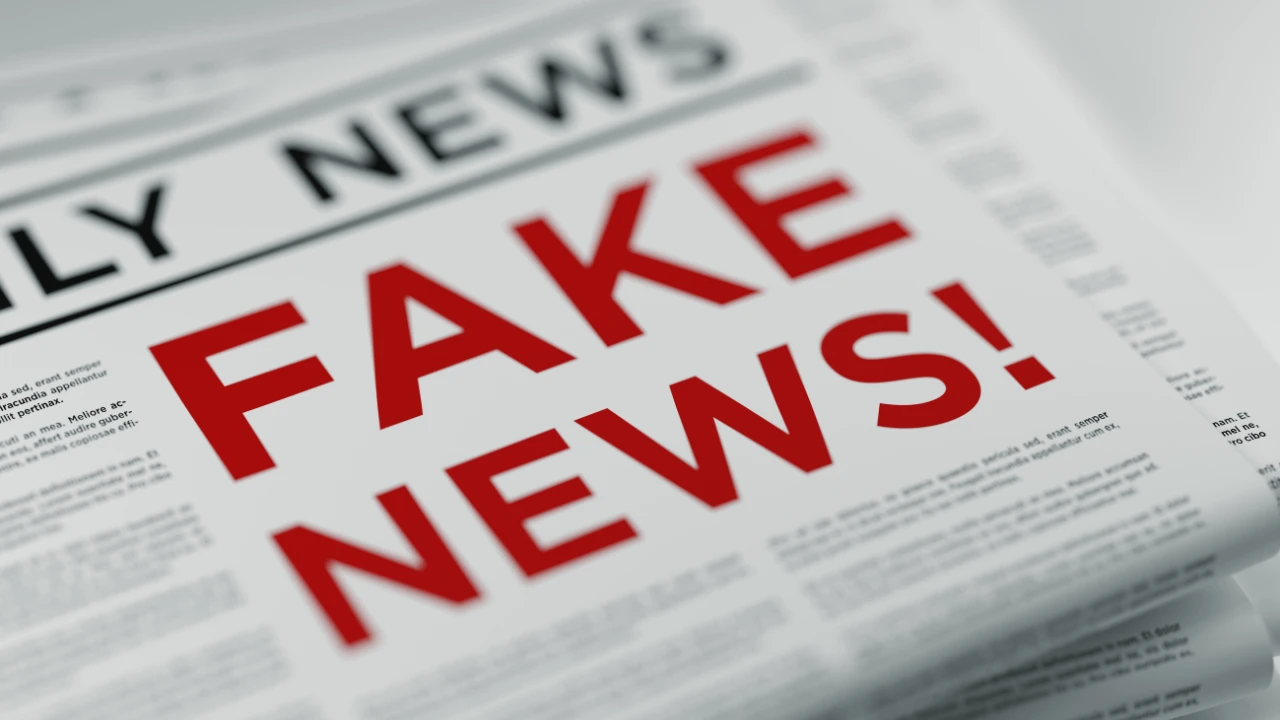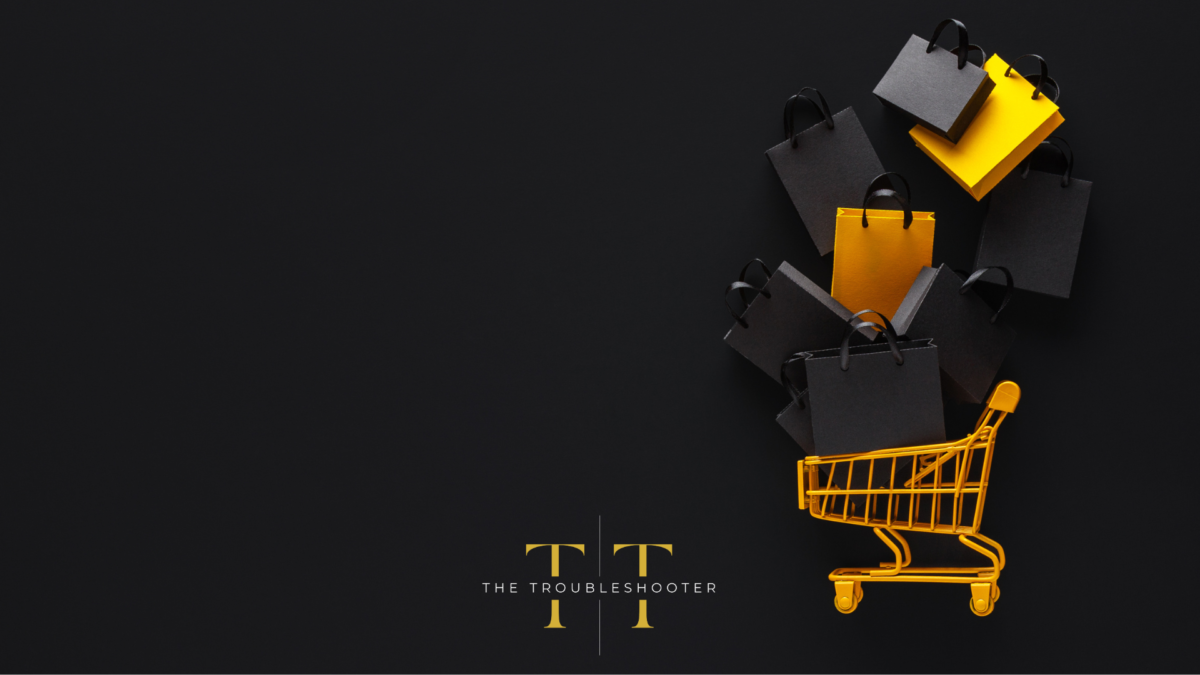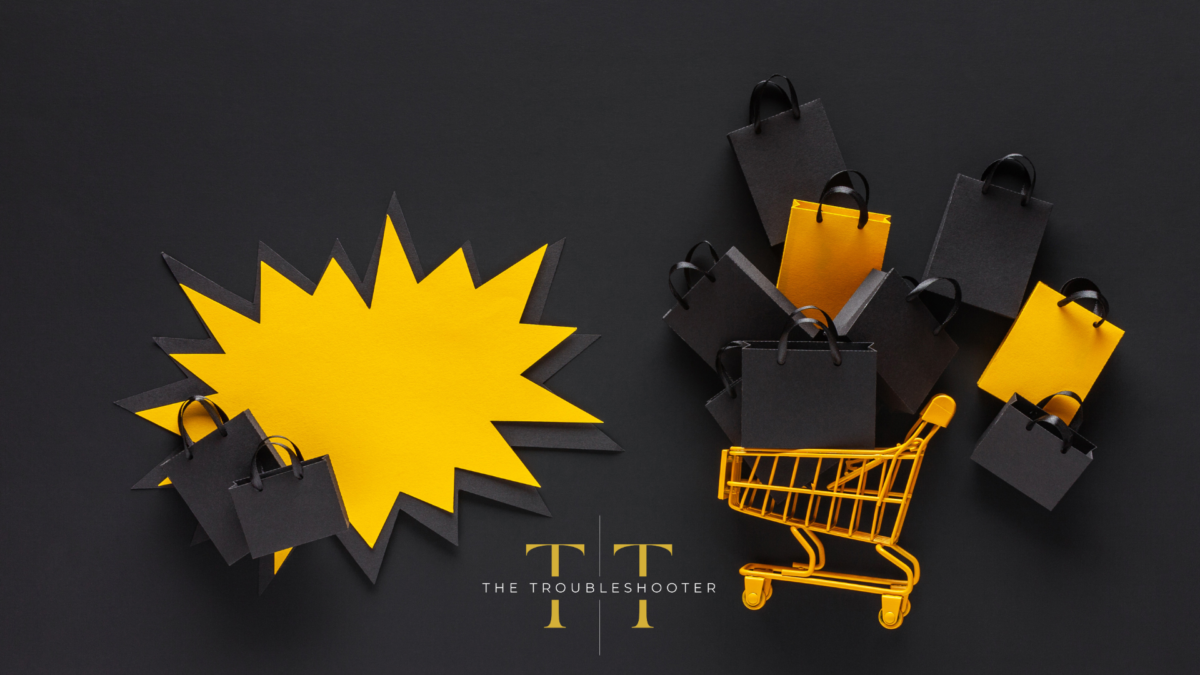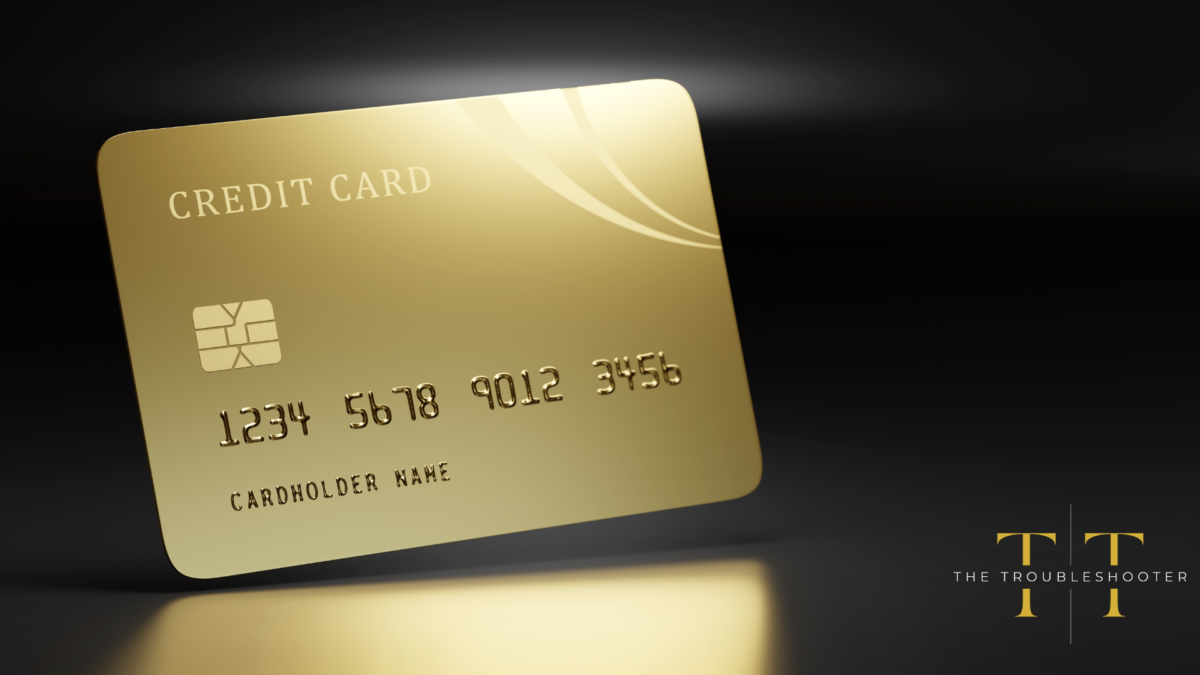
Although the expression “fake news” has been around for several decades, it was during the presidential election in the United States in 2016 that it gained widespread attention.
During his campaign, then-candidate Donald Trump popularised the term “fake news” to describe negative coverage of him in the media, and it quickly became a catchphrase with its use spreading beyond the political arena to describe any news story deemed inaccurate, misleading, or sensationalised. This rapid spread of erroneous information in recent years has emerged as a primary source of concern for marketing executives all over the world. It can have a negative impact on the reputation of a brand, the relationships we have with our customers, and our profitability. This article will offer some advice on how you can take steps to evaluate information in a logical way, and how to protect your business from fake news. Information evaluation: how to enhance critical thinking In an age of easy access to a wealth of information, the ability to think critically is more important than ever. The rise and rise of social media, as well as other, more traditional forms, means that we are constantly being inundated with information, data, and opinions from every conceivable perspective. But what you choose to believe and what is credible may not always be the same. Applying critical thinking to the task of exposing false information will allow you to recognise and evaluate the information’s validity and reliability. An individual capable of critical thought can assess the merits of an argument, recognise biases and fallacies, and arrive at reasonable conclusions by weighing available evidence and reasoning. Protecting oneself from false information can be a tricky task. However, there are several strategies that you can adopt to reduce the amount of misinformation you are exposed to, and to improve your ability to think critically:
- Verify information: Do your homework and find out if something is true before you believe it. Before relying on any one source, make sure to verify it from several others, prioritising those that have a history of providing accurate and impartial coverage.
- Be wary of social media: Be wary of the information you find on social media sites as they can be fertile grounds for fake news. Do the right thing, always fact-check before sharing or reposting.
- Improve your critical thinking skills: Be sceptical of any information that seems too good to be true, or that doesn’t seem to make sense. Learn how to critically analyse information, evaluate evidence, and make informed decisions based on facts.
- Consider the source: Be mindful of the source of the information you receive. Be wary of accepting the information as unbiased and accurate if the source is known to have a particular agenda.
- Stay informed: Don’t let yourself get behind on learning about the world and the things that interest you. Doing so will keep you informed and protect you from any unfounded speculation.










